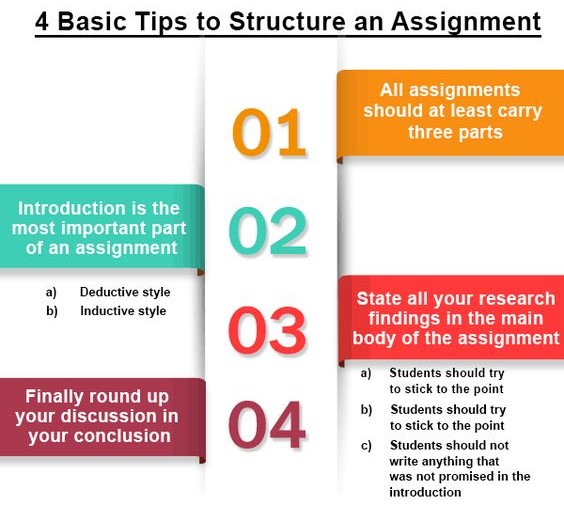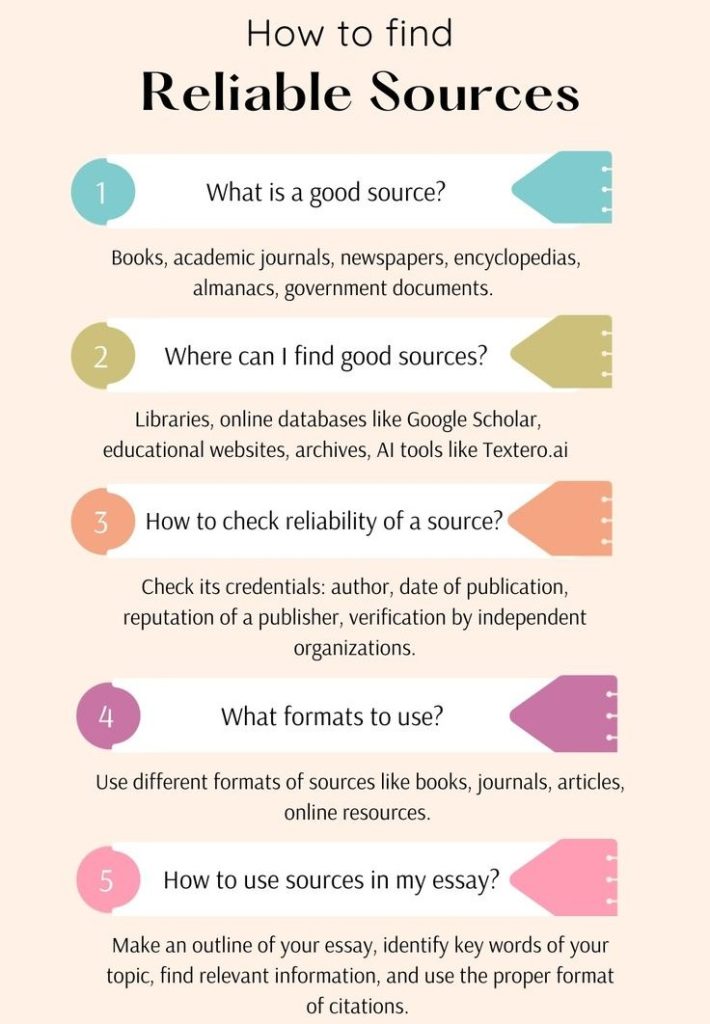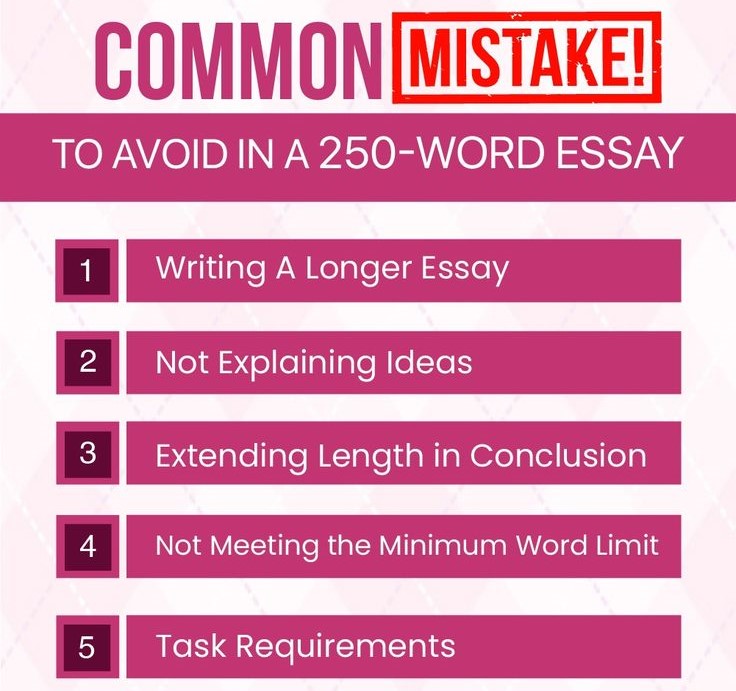
Table of Contents
Nursing is a profession built on compassion, knowledge, and a deep understanding of human experience. Aspiring nurses must demonstrate their mastery of critical thinking, empathy, and communication skills to excel in this demanding field. Nursing essay writing is one of the crucial avenues for showcasing these qualities.
Nursing essay writing is more than just a requirement; it’s a powerful tool for self-reflection, critical analysis, and demonstrating the unique perspectives that make a successful nurse. However, the process can seem daunting, even with the best nursing essay samples as reference.
This guide aims to demystify the art of nursing essay writing and equip you with the tools to craft compelling essays that effectively communicate your understanding and passion for the profession.
Understanding the Purpose of Nursing Essay Writing
Before diving into the writing process, it’s essential that learners understand the purpose behind nursing essay writing. A well-crafted essay serves the following purposes.
- Demonstrate your knowledge: Show your grasp of nursing concepts, theories, and ethical principles.
- Analyze and synthesize information: Demonstrate your ability to critically evaluate different perspectives and draw informed conclusions.
- Articulate your understanding of complex issues: Explain challenging concepts in a clear and concise manner, showing your ability to connect theory with practice.
- Reflect on your experiences: Showcase your personal growth and development as a student or practicing nurse.
- Communicate your values and motivations: Express your commitment to the nursing profession and your understanding of the ethical responsibilities involved.
Choosing the Right Nursing Essay Topic
Selecting a compelling topic is crucial for impactful nursing essay writing. Consider these strategies:
- Personal relevance: Choose topics that resonate with your own experiences and interests. This will make the writing process more enjoyable and your essay more authentic.
- Current relevance: Explore contemporary issues within nursing, such as healthcare reform, technological advancements, or ethical dilemmas.
- Research potential: Ensure there’s enough relevant research and scholarly material available to support your arguments.
- Specificity: Choose a focused topic that allows you to delve deeply into a particular area of nursing.
Structuring Your Essay
Once you have a topic, it’s essential to structure your nursing essay writing for clarity and impact.

Like dissertations or research papers, essays are academic assignments with a formal structure that must be followed when writing. The following framework is a helpful guide on how to structure your nursing essay.
- Introduction:
- Hook: Start with a compelling statement, a relevant anecdote, or a thought-provoking question to grab the reader’s attention.
- Background: Briefly introduce the topic and its relevance to nursing.
- Thesis statement: Clearly state your main argument or the point you will be making throughout the essay.
- Body Paragraphs:
- Topic sentences: Each paragraph should start with a clear topic sentence that introduces the main idea.
- Evidence: Support your claims with credible sources, such as research articles, scholarly books, and reputable websites.
- Analysis: Explain how the evidence supports your arguments and connect it back to your thesis statement.
- Transitions: Use transitional phrases to smoothly connect ideas between paragraphs and ensure a logical flow.
- Conclusion:
- Restate the thesis: Summarize your main argument in a concise and impactful way.
- Reiterate key points: Briefly highlight your most important arguments and supporting evidence.
- Call to action: End with a thought-provoking statement, a suggestion for further research, or a reflection on the implications of your arguments.
Mastering the Art of Evidence
Strong nursing essay writing relies on credible evidence to support your arguments. The evidence will form the foundation of your arguments, giving the essay a sense of credibility and authenticity. Here are some key strategies for gathering and using evidence effectively in your essay.
- Identify reliable sources: Focus on peer-reviewed journals, academic books, reputable websites, and government reports.
- Evaluate sources critically: Consider the author’s credentials, the publication date, and the overall credibility of the source.
- Paraphrase and cite properly: Avoid plagiarism by paraphrasing information in your own words and always providing proper citations.
- Use a variety of evidence types: Integrate quantitative data, qualitative findings, case studies, and expert opinions to strengthen your arguments.

Polishing Your Essay
After completing the first draft, it’s time to refine your nursing essay writing for clarity, conciseness, and impact. Remember, there are several things that you might have left out or exaggerated while writing the essay. This is your chance to iron out any mistakes and refine the paper to the best standards.
- Proofread carefully: Pay attention to grammar, punctuation, spelling, and sentence structure.
- Get feedback: Ask a trusted friend, classmate, or professor to read your essay and provide constructive criticism.
- Revise and edit: Take the feedback to heart and revise your essay to improve clarity, flow, and persuasiveness.
- Format appropriately: Follow the specific guidelines provided by your instructor or institution.
The Key Types of Nursing Essays
The specific type of nursing essay that you write will be determined by your course requirements, the specific topic, and your professor’s instructions. Nonetheless, here are the main types of nursing essays you might encounter:
By Focus:
- Conceptual Essays: Explore a specific nursing theory, concept, or model. You might analyze its strengths, weaknesses, and applications in practice.
- Ethical Essays: Address ethical dilemmas and challenges faced by nurses. You might explore a specific case study or debate different ethical perspectives.
- Research Essays: Present and analyze research findings related to a particular nursing topic. This might involve summarizing existing research, critiquing a specific study, or proposing a new research question.
- Clinical Essays: Reflect on your own clinical experiences, applying theoretical knowledge to real-world situations. These can be personal narratives, case studies, or analyses of specific clinical interventions.
- Historical Essays: Explore the evolution of nursing practices, significant historical figures, or the impact of historical events on the nursing profession.
By Purpose:
- Reflective Essays: Analyze your own experiences, growth, and learning within the nursing profession. These often involve self-assessment, identifying areas for improvement, and reflecting on personal values and beliefs.
- Argumentative Essays: Present a clear argument in favor of a specific position or viewpoint on a nursing issue. You might argue for a particular nursing practice, policy change, or ethical stance.
- Comparative Essays: Compare and contrast different nursing concepts, theories, or practices. This might involve exploring the advantages and disadvantages of different approaches or analyzing similarities and differences between different schools of thought.
By Assignment Type:
- Admission Essays: Used for applying to nursing programs. These essays often focus on your motivation for pursuing nursing, your personal qualities, and your future goals.
- Application Essays: For scholarships, grants, or specific nursing programs. These essays often require you to explain how you meet the program criteria, your commitment to the nursing profession, and your potential contributions to the field.
The Common Mistakes to Avoid in Nursing Essay Writing
Writing a nursing essay can be a daunting task, especially for those new to academic writing. While passion for the profession shines through, common pitfalls can hinder a strong essay.

The following guide highlights the common mistakes in nursing essay writing, with tips on how to avoid them.
1. The Vague Thesis Statement: Your thesis statement is the heart of your essay. It should clearly state your main argument or the point that you are aiming to prove. Avoid vague or general statements; instead, be specific and direct. A weak thesis like “Nursing is a challenging profession” won’t cut it. Instead, try “The increasing demand for geriatric care highlights the need for specialized nursing education in this field.”
2. Lack of Evidence: Your arguments need backing. Don’t rely solely on personal opinions or anecdotal experiences. Instead, use credible sources like peer-reviewed journals, academic books, and reputable websites to illustrate your points. You should also cite all the borrowed information correctly to avoid plagiarism. Every claim should be supported by research or evidence to make your essay convincing.
3. Poor Organization: A well-structured essay is easy to follow. Use a clear introduction, body paragraphs, and conclusion. Each paragraph should focus on a single idea with a strong topic sentence that connects to the overall thesis. You should also use transitions between the paragraphs ensure smooth flow and logical progression for the essay.
4. Overuse of Jargon: While some medical terminology is necessary, avoid overwhelming the reader with jargon. Define unfamiliar terms and explain complex concepts in plain language, ensuring your essay is accessible to a broader audience.
5. Ignoring the Word Count: Adhering to the word count is crucial in every form of academic writing. So, don’t exceed or fall short of the given word count significantly. Properly allocate space for your introduction, body paragraphs, and conclusion to create a balanced and impactful essay.
6. Ignoring Proofreading: Even the best essay suffers from grammar and spelling errors. Proofread the paper carefully for typos, punctuation mistakes, and sentence structure issues. You should consider having a trusted peer review your essay for a fresh perspective.
7. Failing to Cite Sources: Proper citation is essential. Use a consistent referencing style throughout your essay. Failure to cite sources constitutes plagiarism, a serious academic offense. Check the assignment instructions to be sure of the required referencing style. However, some institutions use APA as the default referencing style in case it is not indicated in the instructions.
8. Ignoring the Rubric: Always review the essay rubric carefully to understand the specific requirements and expectations. Ensure your essay addresses all the criteria and fulfils the grading guidelines.
By avoiding these common mistakes, you’ll be well on your way to crafting a compelling and insightful nursing essay that showcases your knowledge, critical thinking, and communication prowess.
Mastering the art of nursing essay writing is a journey that requires dedication, practice, and a willingness to learn. By following the tips and strategies discussed above, you can craft compelling essays that effectively communicate your understanding and passion for the nursing profession.
Get Professional Nursing Essay Writing Help
Nursing essay writing is not just an academic exercise; it’s a powerful tool for personal and career growth. That is why it is always advisable to also seek professional nursing essay writing help. Phdnursewriter offers the best academic writing services that you can always rely on for high quality nursing essays and research papers. Check out our nursing essay samples here then, make an order for a customized piece.





